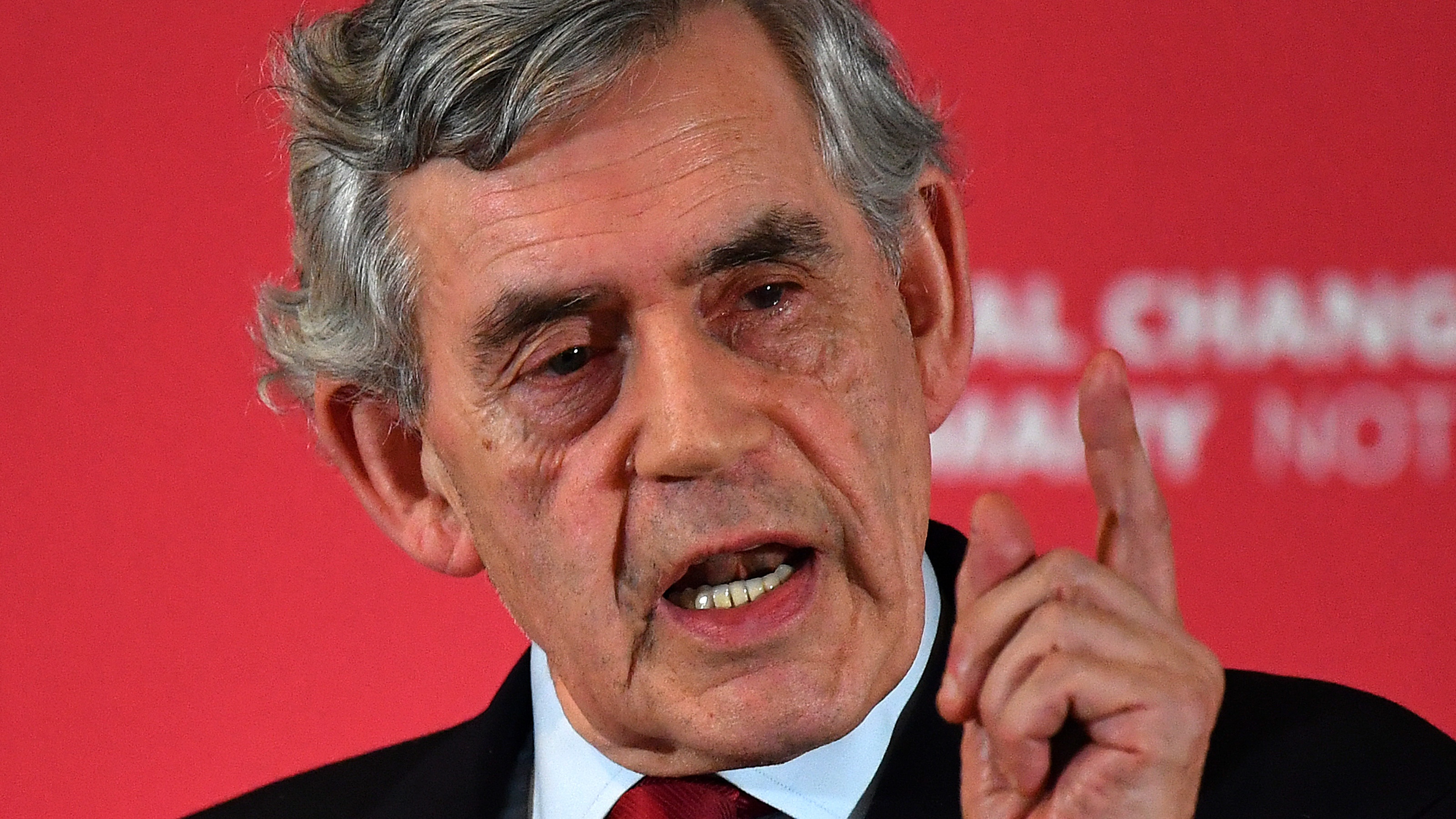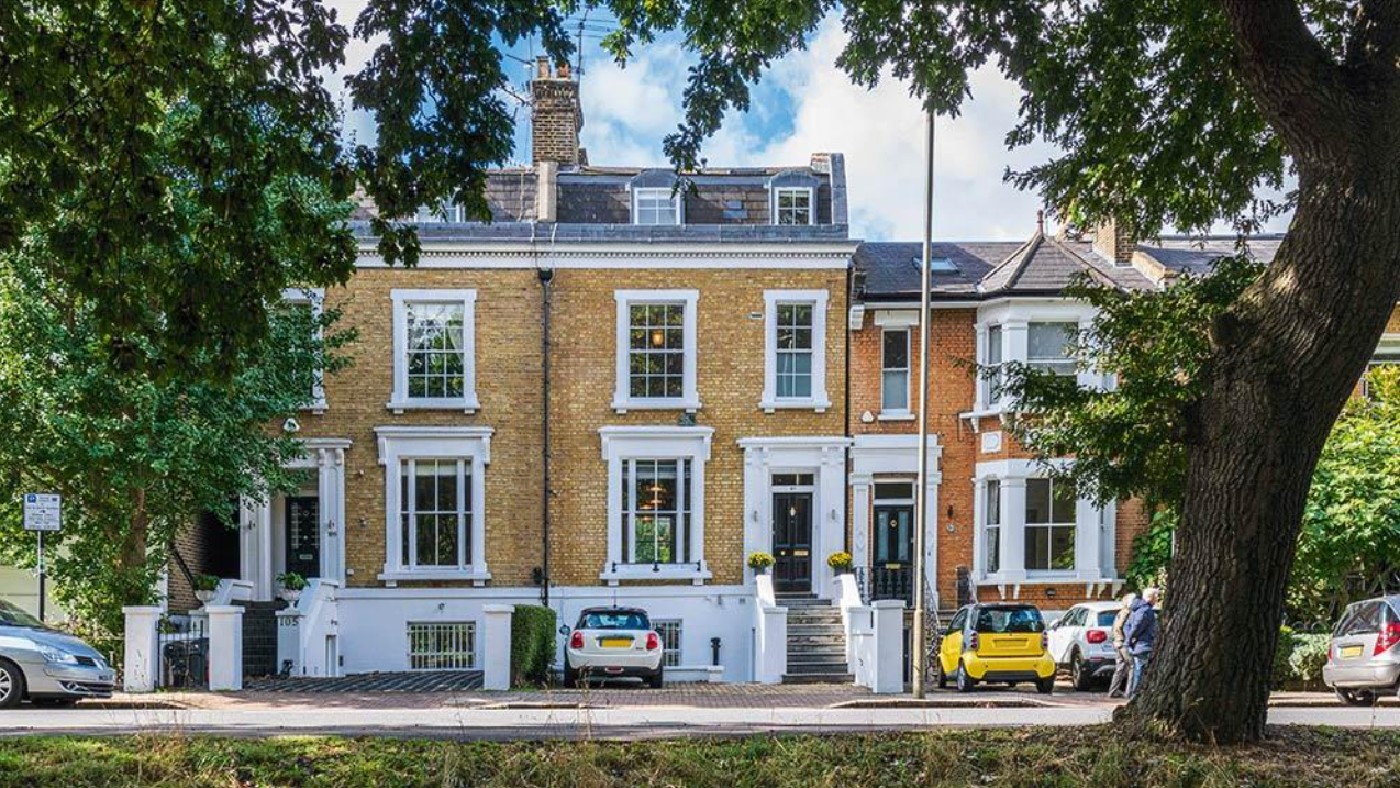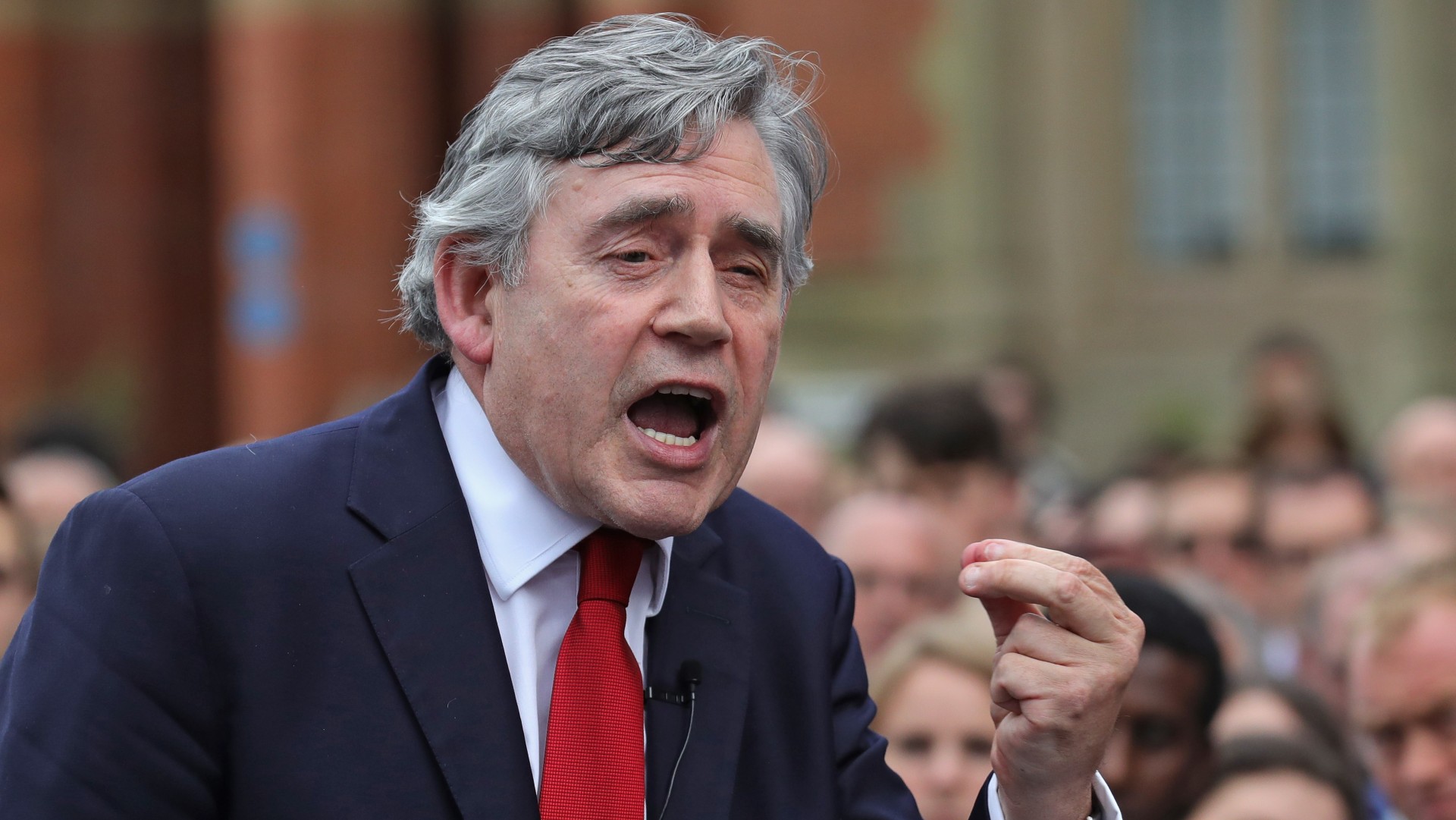Is it time to nationalise energy companies?
Skip to headerSkip to main contentSkip to footer
Today’s big question
Gordon Brown calls for government to negotiate with energy providers for lower prices

Energy firms that cannot lower bills should be temporarily brought into public ownership, former Labour prime minister Gordon Brown has said, in a “stark challenge” to the government.
Writing for The Guardian, Brown has called for the energy price cap to be cancelled and for the government to negotiate new lower prices with energy companies. The former Labour prime minister compared the current cost-of-living crisis to 2008, when some banks were temporarily nationalised to protect consumers.
Writing after annual bills were forecast to reach more than £4,200 by January, Brown said that the government should “pause any further increase in the cap” and then negotiate separate company agreements to keep prices down after examining profit margins and available social tariffs.
Any companies who could not agree to such a requirement should be brought into temporary public ownership, said Brown.
What did the papers say?
More than 100,000 people have already put their names to a petition calling for the nationalisation of the UK’s energy assets, suggesting it is an idea gaining credence with the public.
The Trades Union Congress (TUC) has also proposed a “pragmatic reshaping” of the UK’s energy market. It has called for it to be “more in line” with some European countries, which it says are “finding it easier” to weather the energy crisis. The union is urging the government to take the “Big Five” energy suppliers and other failing retailers into public ownership. It says the cost of doing so – under £2.5bn – is similar to what the government has already spent on bailing out insolvent energy company Bulb.
Both the collapse of Bulb and rising gas prices “begs the question” of nationalisation, said an anonymous former Bulb employee on the i news site. “Billions of pounds” have been funnelled back to private shareholders since the privatisation of the energy sector in the 1990s, and since then the price people pay for their energy has continued to increase “despite the argument that a privatised energy sector would be more efficient and therefore cheaper”.
But the decisions made by the government last week to pay for Bulb’s continued operations via a special administrator “shows how straightforward nationalisation could be”.
But while the TUC is right that “governments have a duty to ensure we have access to cheap, reliable electricity, like other public goods”, wrote Sunny Hundal in The Independent, the answer “doesn’t lie in the government running energy companies” because it doesn’t account for “how the industry is changing”. A better option is to “decentralise” the energy market and “allow anyone and everyone to put up solar panels or wind farms to generate their own electricity”, argued Hundal.
The government is now under pressure to introduce more state action, such as full energy price controls, greater windfall taxes and the “destructive” renationalisation of the gas and electricity sector, as in France, wrote Allister Heath in The Daily Telegraph. “We have a Tory government, but the political climate is veering hard-Left as a result of years of failure to push an alternative agenda,” he said.
If Liz Truss becomes prime minister, she will need a “short-term strategy to survive the cost-of-living crisis” while launching “a blitz of truly radical, pro-growth reforms and bolstering the supply of energy”.
What next?
As thousands pledge to cancel their direct debits as part of the Don’t Pay UK movement, Conservative leadership contender Rishi Sunak has promised “hundreds of pounds more” to the most vulnerable households if he becomes prime minister. Frontrunner Truss has refused to commit further direct payments to struggling households.
Outgoing prime minister Boris Johnson has also rejected calls for an emergency Cobra meeting to address the cost-of-living crisis, with his office saying it would be for Truss or Sunak to work out a plan once the leadership race is over in September.
Rental prices in London: the cheapest boroughs

Digging into the data
Rental prices in London: the cheapest boroughs
Childbirth pain relief to insulin: shortage of drugs ‘putting patients at risk’

Speed Reads





